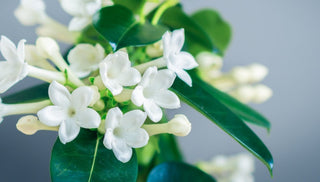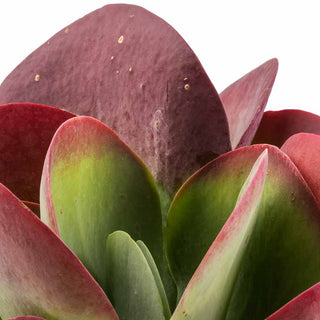☘ Origin: Tropical Americas
☘ Family: Arum, Araceae
☘ Botanical Name: Monstera deliciosa
☘ Common Name: Swiss Cheese Plant
Symbolism: Based on the Chinese symbolism, the Monstera is a symbol of a long life and the honoring of elders and respected people.
🍃 Shop Your Monstera Today!
🔆 Light
It can grow just about anywhere in your house. It tolerates low light, but grows faster and becomes more dramatic in a spot with indirect bright light. That said, avoid strong, direct sunlight because it may burn the leaves.
Give your plant a turn every few days to expose all sides to light for healthy growth from all sides.
💧 Water
Water when the top 25%-50% of the soil is dry, and discard any water that has accumulated in the saucer.
To give your plant the absolute best, room-temperature rainwater and bottled spring water are your best options. Any water containing sugar or salt will hurt your plant!
☁️ Humidity
This plant will thrive in almost any environment, but if you want to give it a special treat, gently mist it once a week with filtered-water using a spray. It’s best to mist in the morning so the water has plenty of time to evaporate before evening.
🌡️ Temperature
Average room temperatures between (15-26°C). It will not tolerate temperatures under 12°C or sudden drops in temperature. Cold winter drafts and blowing heaters can damage the leaves. Avoid cold drafts and direct airflow from heaters in the winter months.
🧴️ Food
For best results, feed your plant once a month during the spring and summer, with balanced all purpose fertilizer. A little bit of food will go a long way to encourage growth and root health. No fertilizer is necessary during the winter. It’s important to give your Monstera a chance to rest during the cooler time of year.
🐾 Toxicity
Leaves are mildly toxic to pets and humans. Typically, ingestion will cause mouth and stomach irritation and possible vomiting.
Large leaves can collect dust. If you notice the leaves are dirty or dusty, wipe the leaves to keep them clean and healthy. In the wild, Monstera plants like to climb. To encourage your Monstera to climb upwards, you can stake wild offshoots with a dowel or use a moss pole.



